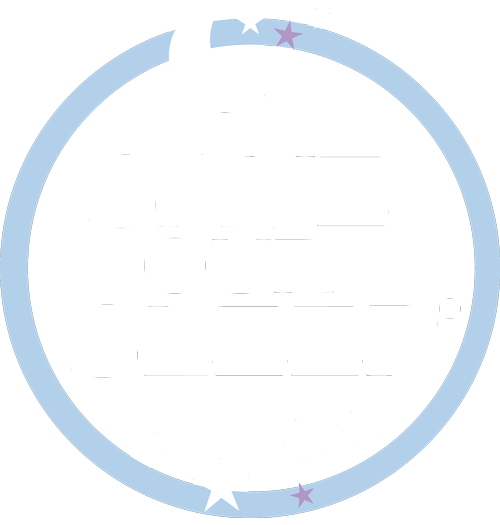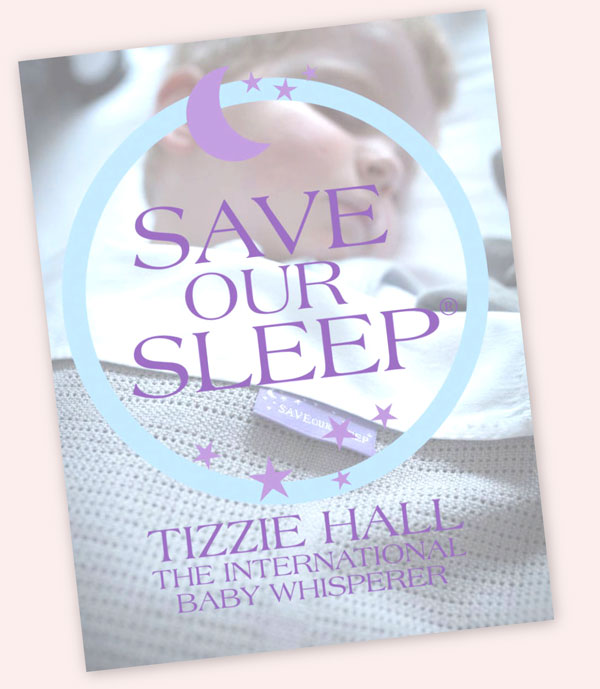For some parents the car is their last resort “we need sleep now!” option but for others the car can be a place of stress and in this story I am sharing, over-tiredness is causing the chaos.
Overtiredness is a very common problem in babies who do not know how to self-settle and in return resettle and it surprises me how often it goes undiagnosed. A baby of about six months and older will fight you every time you put them in a situation where they might accidentally fall asleep, such as a car seat or pram.
This story is from my Save Our Sleep book and contains helpful tips for getting your child to enjoy the pram or car seat again.
Zane’s story:
When I met Zane he was fourteen months old and so overtired that he found normal, day-to-day life very difficult. Every time his parents took him out, he would scream so loudly that it came to the point where they just didn’t go out unless they really had to. Their trips to the park or to see friends and family had become few and far between because Zane would not put up with being confined for more than five minutes without screams of protest starting. They had tried everything to calm him down but nothing seemed to help.
From the first chat on the phone with Zane’s parents, I had a strong idea of exactly what was happening. When his parents put him in the car or stroller he would be fine initially, but after five or ten minutes his eyes would start to get heavy as the car or stroller gently lulled Zane towards sleep. However, as soon as Zane realised he was falling asleep, the screaming would start.
Zane’s parents would then proceed as fast as they could to their destination to get him out of his stroller or car seat. Sometimes they would even stop the car if the screaming became unbearable.?
What they had never considered was that responding to Zane’s protests was actually teaching him to scream if he wanted to get out of the car or stroller. In his rapidly developing little mind, he decided they had stopped and released him because he had protested long and loudly enough, not because they had reached the end of their journey.
In a lot of cases where a baby is fighting off the advent of sleep, the solution has been as simple as me jumping in the car with the parents and driving around for as long as necessary until the baby falls asleep. Alternatively, we will walk around a shopping centre with a screaming baby, trying our best to ignore the stares from disapproving shoppers.
Zane’s case was a little different. We needed to fix the whole picture, not just one single contributing factor within it. As is the case with most babies, Zane was fine in the car or stroller up until about six months of age. This is the age at which a lot of sleep problems start to appear as at six months, a baby who is aided to sleep (with a dummy, feed, rocking or patting) and then sleeps all night will generally start to wake again during the night due to newly developing night-time sleep cycles.
Zane’s mum had been putting him to bed after he fell asleep with a bottle at about seven o’clock each evening. She would very carefully place him in his cot, praying he would stay there all night, but he seemed to be able to sense when she got to bed herself and would spring to life. He would then stand in his cot and shout for her to come and get him.
Sleep deprivation over a period of time meant she found it easier at this point to just take him into her bed for the long night ahead. Zane would get a bottle every two hours but only take about 10 ml – this seemed easier to cope with than the screaming.
Since six months of age, Zane had never fallen asleep alone or without a bottle. Under such circumstances, he had probably never really entered into a deep sleep either. My experience is that babies who use aids to get to sleep don’t sleep as deeply or consistently as babies who put themselves to sleep. This in turn means they cannot drift from one sleep cycle to the next without fuss.
So, in Zane’s case, we had to solve his sleep problems first – only then would his resistance to a car seat or stroller improve. Once the night time sleeping was fixed we started taking him out during his day sleep times to get him used to being in a stroller or car seat and his protests lasted no more than three minutes before he was sound asleep.?
Here are a few things to keep in mind if you decide to tackle your baby’s resistance to traveling in cars and strollers:
• Get a friend to go with you on walks and drives; support is a parent’s best friend.
• Remember that it will get easier and shorter each time you win, so don’t give in to the screams.
• Always stay calm, cool and confident – you are doing the right thing.
• Think of all the fun trips you can have once the battle is won!
• Don’t make eye contact during screaming episodes as this will encourage the protest to continue.
• Always make sure your baby or toddler is safely strapped into their seat.




